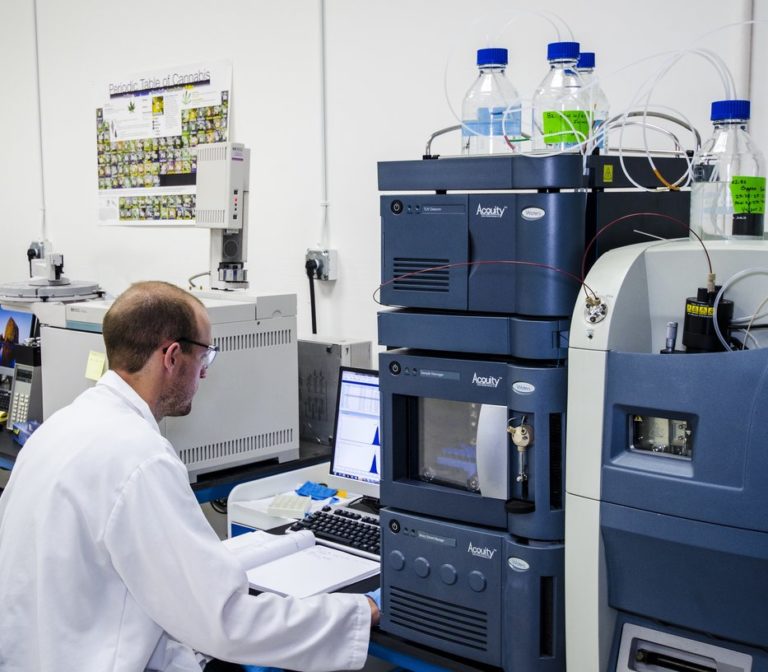
[ad_1]
In Maine, a laboratory released a study they conducted, finding a 17% failure rate of dangerous pesticides in cannabis samples tested. The state requires testing for adult use cannabis, but not for medical cannabis. Just under 4% of adult use samples failed a pesticide screening, while over 20% of all medical samples they tested failed the same screening. Nova Analytic Labs conducted the study and found piperonyl butoxide, bifenthrin, spinosad, imidacloprid and pyrethrins in both adult use and medical cannabis samples.
 Also in the Northeast, a NY Cannabis Insider investigation found labs breaking rules for reporting pesticides and other contaminants as well as companies misreporting numbers and selling cannabis that has failed tests. New York only allows outdoor cultivation to encourage environmental sustainability, but some say that rule is what is behind high microbial test failure rates. To ease the burden, New York simply removed mandatory microbial testing.
Also in the Northeast, a NY Cannabis Insider investigation found labs breaking rules for reporting pesticides and other contaminants as well as companies misreporting numbers and selling cannabis that has failed tests. New York only allows outdoor cultivation to encourage environmental sustainability, but some say that rule is what is behind high microbial test failure rates. To ease the burden, New York simply removed mandatory microbial testing.
Now, Oregon is doing the same: removing microbial testing burdens because too many businesses are failing them. Back in March of this year, Oregon started to require tests for aspergillus contamination, but a legal challenge halted that rule in late August and state regulators complied, doing away with the testing requirement for now. Stakeholders in many cannabis markets, including New York and Oregon, still debate just how much of a public health risk microbial contamination in cannabis truly is.
Meanwhile in California, regulators have sent warning letters to labs threatening stiff penalties if inaccurate test results are found. While these warning letters highlight THC potency inflation and laboratory shopping, a rising concern in markets across the country, they also mention falsifying scientific data, which has been known to occur in pesticide testing results as well.
The common theme across these markets is lab testing policy at the state level and an inability of an entire industry to come to any agreement. In lieu of any federal guidelines on a national level, disjointed state policies and preventable lab testing problems like these continue.
[ad_2]
Source link